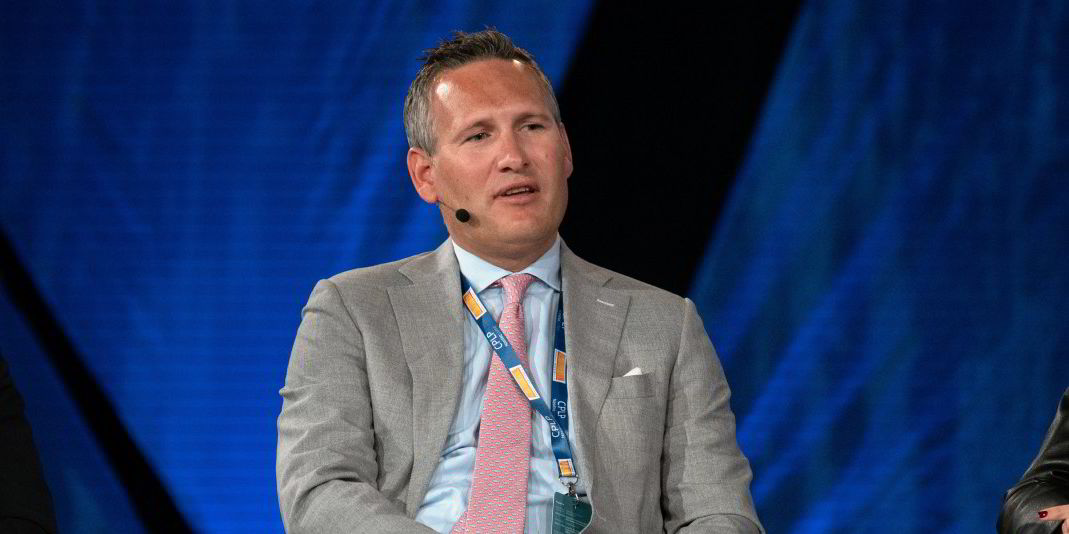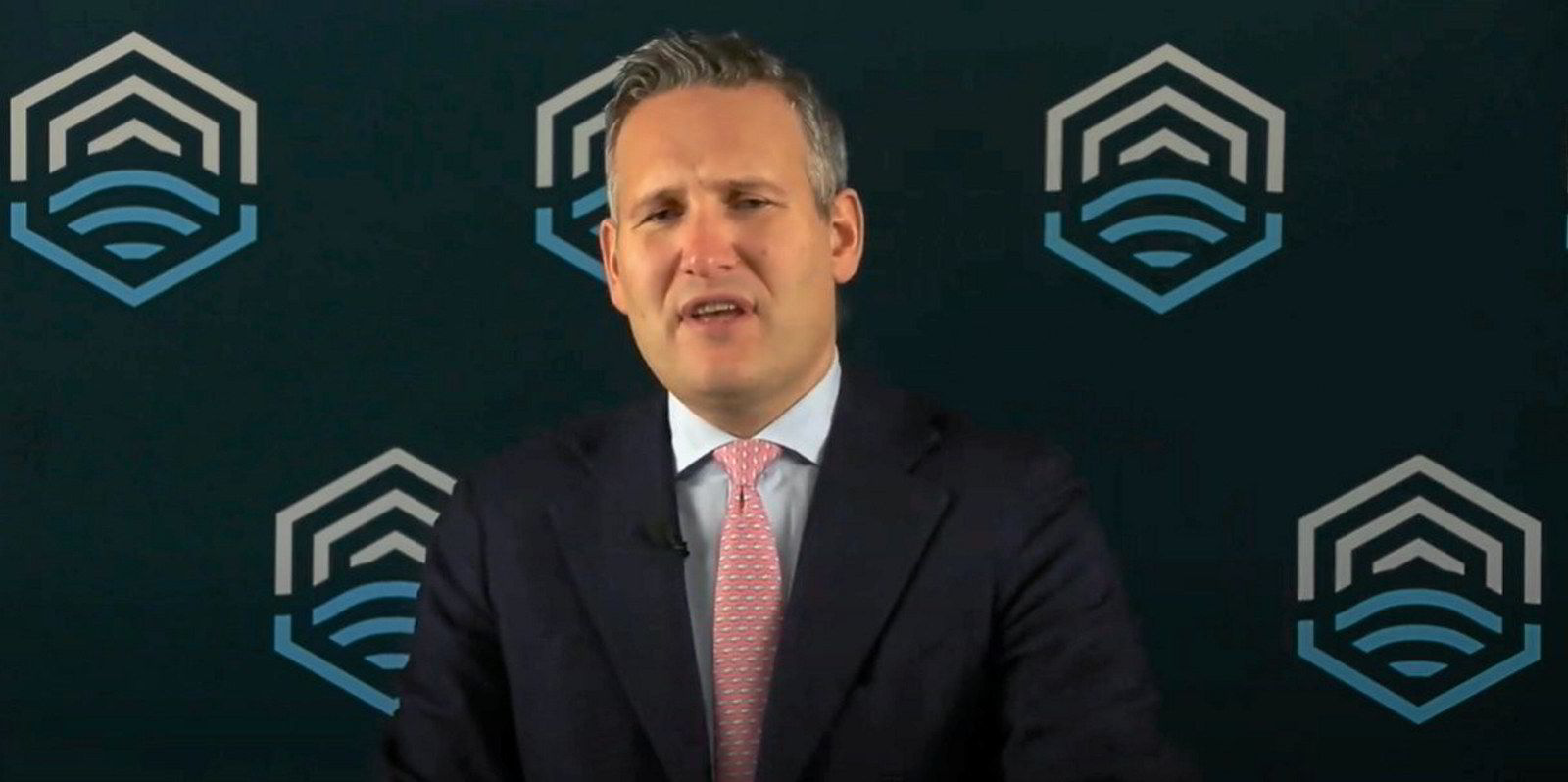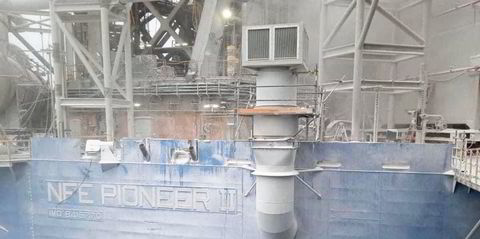Flex LNG shares are worth buying after the stock has slipped, according to DNB.
“We believe yesterday’s share price drop was unwarranted,” analyst Jorgen Lian said in a note published after yesterday’s earnings report.
The Norwegian bank raised the Oslo-listed company to “buy” from “hold” and lifted the share price target to NOK 340 ($32) from NOK 331.
The stock dropped after the report on Wednesday and was down about 2% on Oslo Stock Exchange on Thursday.
“Due to its sizeable backlog, we find Flex LNG well positioned to maintain a healthy $0.75 quarterly dividend per share despite a challenging outlook for LNG carrier spot markets,” Lian said.
A dividend yield of about 11% will be supported by a contract backlog with about 94% coverage for 2024.
DNB said the next two years could be challenging for the LNG carrier spot market, as about 26% of the current fleet is scheduled for delivery in 2024 to 2025, at a time of only around 9% total growth in LNG exports.
“Hence, we find the maturity profile of Flex LNG’s contract portfolio reassuring, while we expect elevated newbuilding prices to stick, implying rates above Flex LNG’s current backlog, which offers potential upside in extension options and new contracts,” Lian said.
The bank has adjusted estimates for near-term spot rate and fleet operating expenses for 2024–2025. It now sees an Ebitda of $298m for 2024, compared with $307m previously.
Fearnley Securities cut the target price to NOK 325 from NOK 365. The broker kept its “hold” recommendation.
Analyst Oystein Vaagen said the fourth-quarter reporter was neutral and limited estimate changes are expected.
Vaagen said equity and earnings are range bound until LNG volumes start to flow again.
The company is “ready for improved LNGC markets in 2027+, until then, 10% yield is fair”.
Clarksons Securities also lowered the target price, to NOK 270 from NOK 330, and maintained neutral.
While the backlog is robust, analyst Frode Morkedal said the sustainability of the company’s current annual dividend of $3.00 per share is “a more pressing issue”.
“A more realistic, sustainable dividend level would be $2.00 per share annually,” he said.






